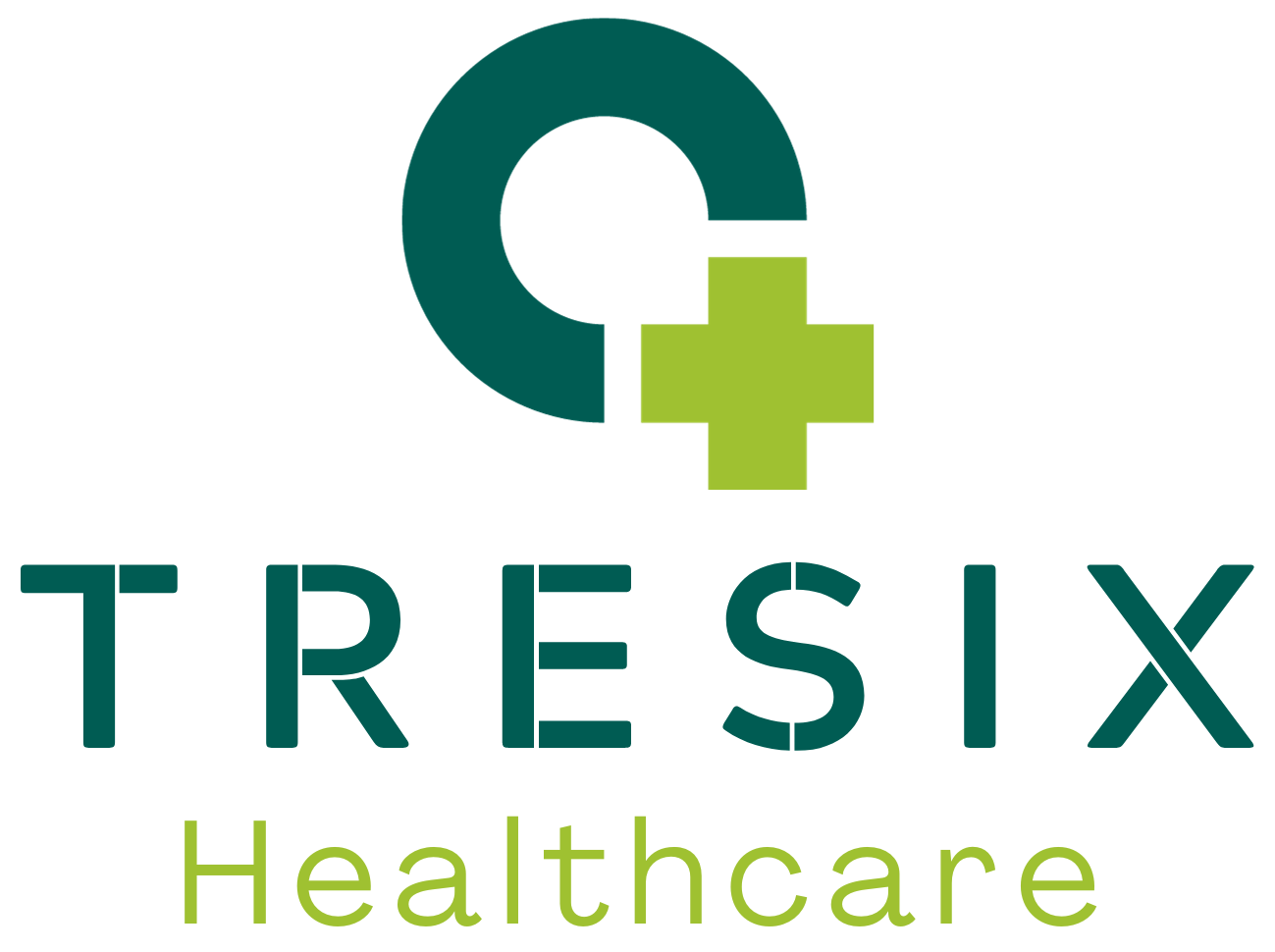Introduction
When it comes to healthcare, there are various options available to individuals in need of assistance. Two common choices are nursing agencies and domiciliary care providers. While both offer essential care services, there are differences between the two that can help individuals make an informed decision based on their specific needs. In this blog post, we will explore the roles and benefits of nursing agencies and domiciliary care providers.
Nursing Agencies
Nursing agencies are organizations that provide professional nursing staff to hospitals, clinics, and other healthcare facilities. These agencies have a pool of registered nurses, licensed practical nurses, and certified nursing assistants who are available to work on a temporary or permanent basis. Nursing agencies often offer a wide range of services, including short-term staffing solutions, long-term contracts, and even home healthcare.
One of the main advantages of using a nursing agency is the flexibility it offers. Healthcare facilities can quickly fill staffing gaps by contacting the agency and requesting a nurse with the required skills and experience. This can be especially beneficial during times of high demand or when regular staff members are on leave. Additionally, nursing agencies ensure that their staff members are properly trained and qualified, which gives peace of mind to both the healthcare facility and the patients.
Domiciliary Care Providers
Domiciliary care providers, on the other hand, focus on delivering care services directly to individuals in their own homes. These providers offer a wide range of services, including personal care, assistance with daily activities, medication management, and companionship. Domiciliary care is particularly beneficial for individuals who prefer to receive care in the comfort of their own homes or who have specific needs that cannot be met in a healthcare facility.
One of the key advantages of domiciliary care is the personalized attention individuals receive. Care plans are tailored to meet the specific needs and preferences of each client, ensuring that they receive the highest quality of care. Domiciliary care providers also offer flexibility in terms of scheduling, allowing individuals to receive care at a time that is convenient for them. This can be especially helpful for individuals who require assistance with daily activities but do not require round-the-clock care.
Choosing the Right Option
When deciding between a nursing agency and a domiciliary care provider, it is important to consider the individual’s specific needs and preferences. If the individual requires specialized medical care or is in a healthcare facility, a nursing agency may be the best option. On the other hand, if the individual prefers to receive care at home or requires assistance with daily activities, a domiciliary care provider may be more suitable.
It is also worth noting that in some cases, individuals may benefit from a combination of both services. For example, a person recovering from surgery may initially require nursing care in a healthcare facility and then transition to domiciliary care once they are able to return home.
Conclusion
Both nursing agencies and domiciliary care providers play crucial roles in the healthcare industry. While nursing agencies provide professional nursing staff to healthcare facilities, domiciliary care providers focus on delivering personalized care services to individuals in their own homes. By understanding the differences between the two, individuals can make an informed decision based on their specific needs and preferences.
